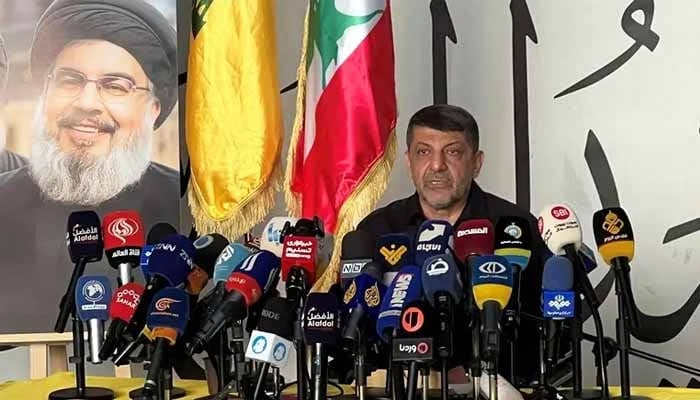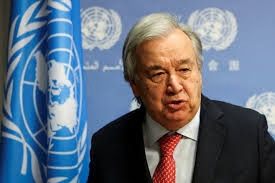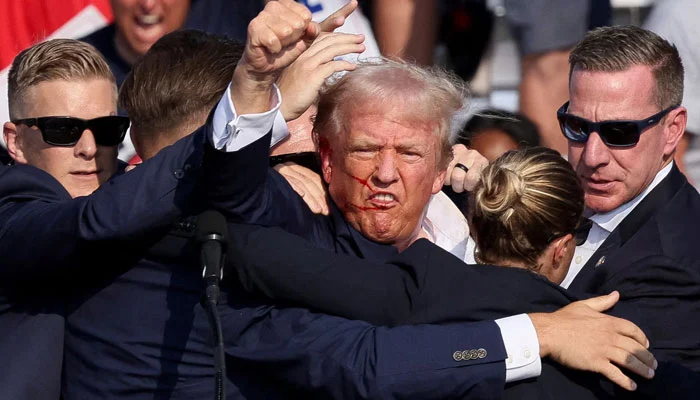In a tragic escalation of violence in the Middle East, Israeli airstrikes in Beirut, the capital of Lebanon, claimed the life of Hezbollah spokesman Muhammad Afif. According to foreign media reports, the attack targeted a residential area on Sunday, leaving four people dead, including Afif, who was also a trusted adviser to former Hezbollah leader Hassan Nasrallah.
This event marks another deadly chapter in the ongoing hostilities, sparking widespread condemnation and concern about the growing humanitarian crisis in the region.
Details of the Attack
The Israeli airstrikes focused on the Ras al-Banna neighborhood of Beirut, a densely populated area that housed the headquarters of the Hezbollah-backed Baath Party. Reports indicate that no prior warning was issued by Israeli forces before the strikes, leaving residents with no time to evacuate.
The Lebanese Ministry of Health confirmed that the attack killed four individuals, including Muhammad Afif, who had been serving as Hezbollah’s spokesman since 2014. Witnesses reported scenes of devastation, with buildings reduced to rubble and the community reeling from the loss.
The Israeli Air Force defended its actions, claiming the operation was based on intelligence indicating Hezbollah’s activities in the targeted area. However, the lack of warning and the resulting civilian casualties have drawn criticism from humanitarian organizations.
Who Was Muhammad Afif?
Muhammad Afif was a prominent figure in Hezbollah, known for his steadfast dedication to the organization’s cause.
- Role in Hezbollah: Afif had been the official spokesperson for Hezbollah since 2014, managing its communications and public relations during critical moments.
- Advisor to Hassan Nasrallah: Beyond his media role, Afif was a close adviser to Hassan Nasrallah, the former leader of Hezbollah, playing a key role in shaping the group’s strategies and policies.
- Legacy: Afif’s influence extended beyond Lebanon, as he was a respected voice for Hezbollah’s perspective in the international arena.
His death marks a significant blow to Hezbollah, both in terms of leadership and morale.
Rising Tensions in the Region
The attack comes amid escalating violence between Israel and Hezbollah, which has spilled over into Lebanon. In recent weeks, Israel has intensified its military operations, reportedly targeting over 145 locations in Lebanon. The latest assault in Beirut adds to the growing toll, with more than 60 people killed in previous strikes.
Hezbollah’s Response
Hezbollah has vowed to retaliate for the loss of its spokesperson and the civilian casualties. In a statement, the group condemned the Israeli attack, describing it as a violation of international laws and Lebanese sovereignty.
The incident is expected to further strain relations between Israel and Lebanon, raising fears of a broader conflict.
International Reactions
The international community has expressed deep concern over the rising violence.
- United Nations: The UN has called for restraint from both sides, urging immediate measures to prevent further civilian casualties.
- Humanitarian Groups: Organizations such as Amnesty International have criticized the indiscriminate nature of the attacks, calling for investigations into potential war crimes.
- Global Leaders: Many world leaders have reiterated the need for a ceasefire and a diplomatic resolution to the ongoing conflict.
Impact on Civilians
The latest airstrikes underscore the heavy toll the conflict is taking on civilians in Lebanon. The destruction of residential areas, loss of lives, and displacement of families have created a humanitarian crisis.
- Health Services: Overwhelmed by the growing number of casualties, hospitals in Beirut are struggling to provide adequate care.
- Displacement: Thousands of residents have been forced to flee their homes, seeking safety in already overburdened shelters.
Calls for a Ceasefire
The attack has reignited calls for an immediate ceasefire to prevent further loss of life and destruction. Observers warn that continued military escalation could destabilize the region, with far-reaching consequences for global peace and security.
Israeli military actions and Hezbollah’s retaliatory measures have created a dangerous cycle of violence, leaving civilians to bear the brunt of the conflict. Diplomats and peace advocates stress the importance of dialogue and de-escalation to end the suffering.
The death of Muhammad Afif and the devastation caused by the Israeli airstrikes highlight the urgent need for a resolution to the escalating conflict. As tensions mount, the region teeters on the brink of a larger humanitarian crisis, calling for immediate action from global powers to mediate and restore peace.
The world watches as the tragedy unfolds, hoping for a path to peace that prioritizes the safety and dignity of those caught in the crossfire.



